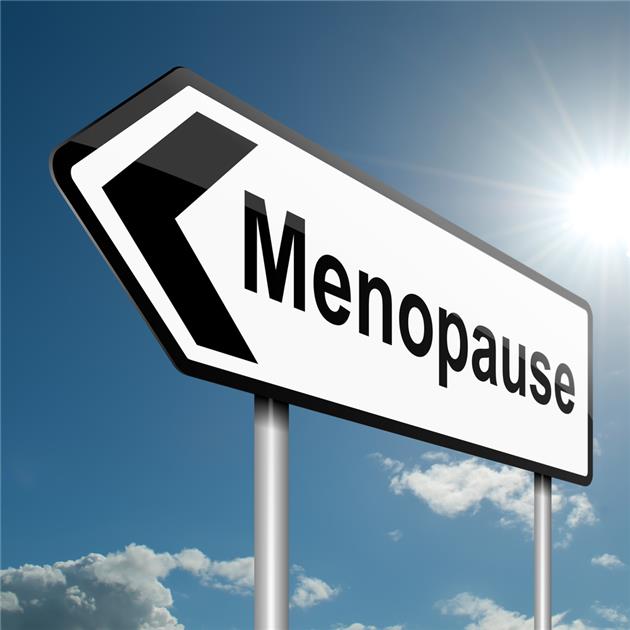Weight gain is a common complaint made by women who have completed menopause. It is commonly associated with this change of life as a natural occurrence and a fact of life. Understanding why women gain weight after menopause, your risk factors, and how you can lessen or avoid this will empower you to take action.
Understanding the Risk
Maintaining a healthy weight after menopause is strongly recommended as it can have an effect upon how long you live, and the quality of your health. Obesity is associated with an increased risk for cardiovascular issues, blood sugar and endocrine disorders and some cancers. It can also cause a worsening of some joint conditions such are rheumatoid arthritis and osteoarthritis.
Identifying risk factors
There are several factors which increase your risk of gaining weight after menopause. First is your family history, your personal lifestyle habits such as eating habits, the amount of exercise that you get, medical conditions and any medications that you take all contribute to your overall risk factor for weight gain.
Physical Activity
Women who are sedentary are more likely to gain weight after menopause. As a natural part of the aging process, the metabolism of the body slows down. This means that calories are burned at a slower rate. When you eat you consumer calories and any that are not burned through the maintenance of essential body functions and physical activities are stored in the body as fat cells. This is how weight is gained and body fat is increased.
Exercise also helps to increase the amount of lean muscle mass that you have. It takes more energy to support muscle mass than it does for fat. When you build this, you are helping to jump start your metabolism and cause your body to naturally burn calories at a faster rate.
Genetic Factors
Women who have family members who are overweight have an increased risk of gaining weight. There is little that you can do to alter genetics, but there are steps that you can take to avoid falling victim to the same fate. If you have similar lifestyle and eating habits, which most families do, change them. By adopting healthier habits you can lessen your risk of weight gain.
Genetic risk factors for diseases such as diabetes require additional attention to diet and exercise so you can lessen your odds of developing this condition. If you are already diabetic or borderline then maintaining a healthy body weight is essential to your physical wellbeing and increasing longevity.
Other Factors
Depression after menopause can also lead to becoming overweight. Often, women who are depressed opt for consuming comfort foods or may overeat and become sedentary. It is important that you address symptoms that may indicate depression with a health care professional for proper diagnosis and treatment of the condition.
Treatment Options
There are several treatment options available for weight gain after menopause. Instead of going on a fad diet or resorting to heavy duty diet pills, the best course of treatment is to eat a sensible diet, get plenty of exercise and address all underlying hormonal or other physical conditions which may be contributing factors. Here are some common sense recommendations for lose weight during menopause.
Move More
Increasing your level of physical activity increases the amount of calories that you burn. Some simple habits that you can form can provide a big difference in the amount of calories that you burn on a daily basis. Here are some suggestions. Park further away from the entrance when you are shopping or going to an appointment. The extra distance for walking will help you to burn more calories in your daily activities. Go for a morning or evening walk to help relax and to get an extra dose of exercise. Riding a bike is also an excellent way to burn a few more calories.
Eat Less
Reducing your caloric intake can help to reduce the amount of weight that you will gain. The formula is simple. If you take in more calories than you burn, you gain weight. If you consumer fewer calories than are used, you lose weight. In addition to eating less, make sure that you are eating the right kinds of foods that provide your body with the nutrition that it needs to function at its best.
Natural remedies
There are some foods that help to promote weight loss naturally. For example, drinking green tea helps to speed the metabolism and in addition gives your body a good dose of antioxidants which helps to boost the immune system, promoting better health and resistance to disease.
Menopause supplements
Natural menopause products can help to reduce weight gain by addressing symptoms that may trigger a change in eating habits. For example, depression, anxiety or mood swings can lead to overeating as compensation to feeling crummy. When your mood is heightened you are more apt to think more clearly, make better dietary choices, and to get more exercise. Natural menopause supplements that contain phytoestrogens can help to restore hormonal balance and eliminate or reduce the symptoms of menopause that can lead to weight gain.
Conclusion
Although menopause in itself is not the cause of weight gain, often the symptoms that accompany this natural stage of life can be contributors. By understanding which risk factors make you more prone to weight gain and addressing them, you can avoid gaining weight after menopause.
Reference URL's:
seekyt.com/how-to-lose-weig...
consumerhealthdigest.com/me...
